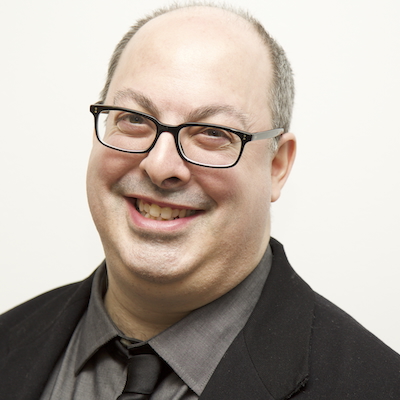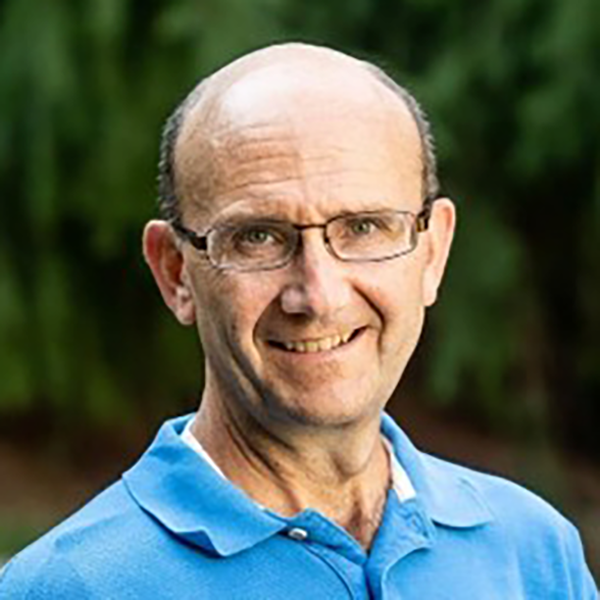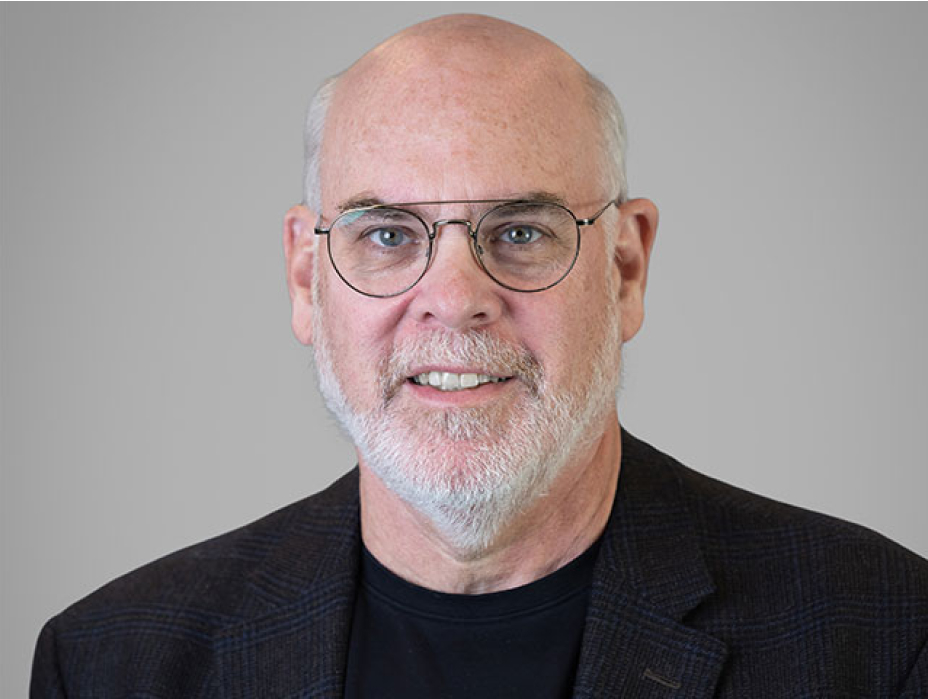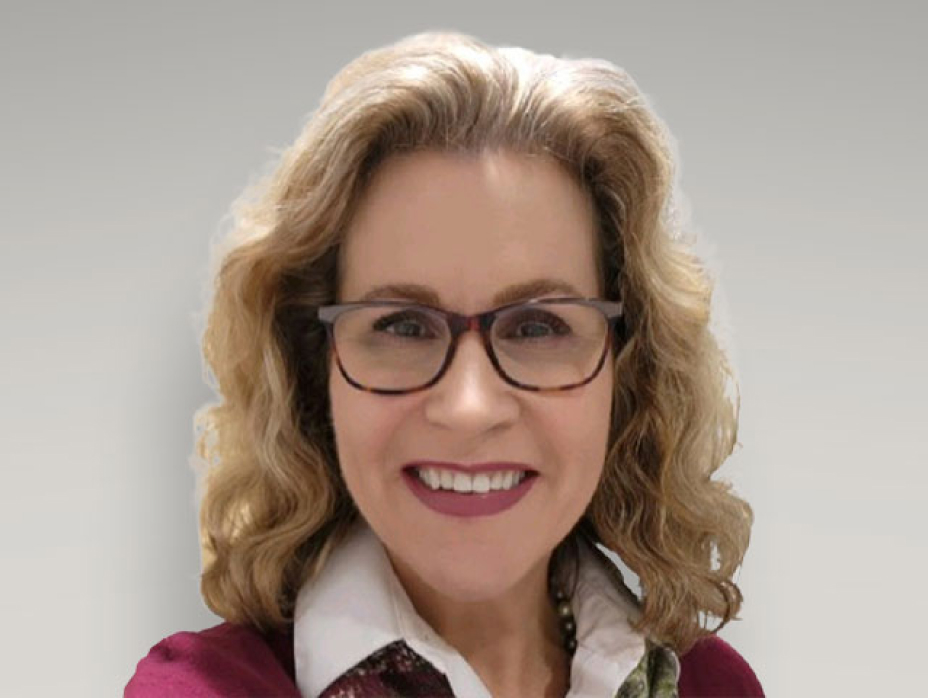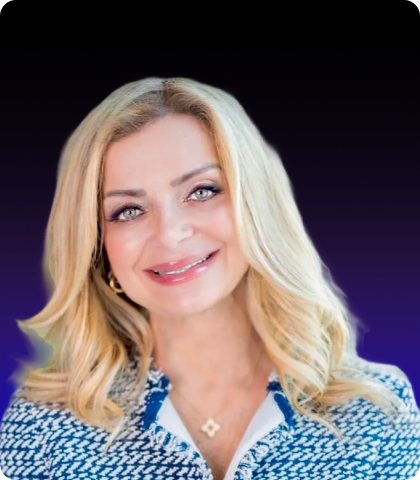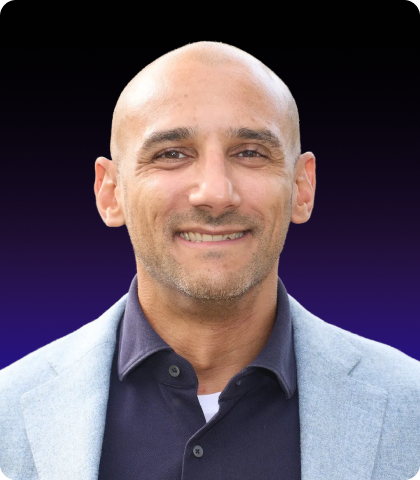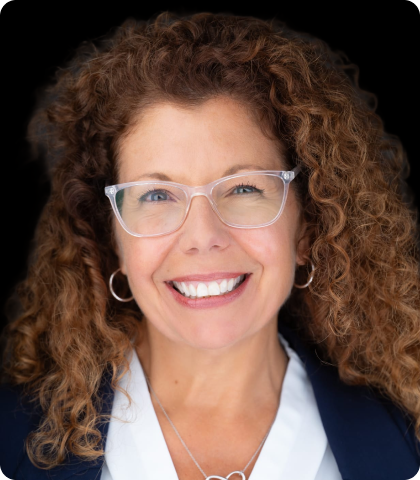Insurance has long struggled with an image problem among young professionals. When compared to tech startups, law, medicine or finance, insurance as a place to build a career is largely invisible to them.
At the ReSource Pro Summit 2025 “Raising Up Generational Talent” panel, moderated by Michael Angelina of St. Joseph’s University, this reality was on full display. Not one of the emerging insurance professionals on stage—all successful graduates from St. Joseph’s Maguire Academy of Insurance — had originally planned to enter the industry. One even joked that years into her career, her father still doesn’t quite understand what she does.
This visibility problem comes at a precarious time for the industry. As CLARA Analytics CEO Heather Wilson noted in a recent Insurance Journal piece, the industry faces a looming talent shortage that threatens to leave thousands of positions unfilled in the coming years.
Finding their way in through side doors
What emerged from the panel discussion was how each professional discovered insurance through unconventional routes. Brendan Tarte, now an underwriter with Beazley focusing on life sciences, was drawn initially to the program’s impressive job placement statistics.
“I did the co-op program at St. Joe’s, which got me a really great internship at Chubb during my sophomore year where I worked six months full-time there in the fall, stayed on part-time then on an underwriting internship and did the full coursework for the insurance program,” Tarte said.
For Joe Angelina, who recently started working at Ryan Turner Specialty, it was his father, Michael, who sparked his interest. To be sure, it wasn’t poring over actuarial tables or overhearing a satisfied resolution to a tense claims adjustment that attracted him to the profession.
“I remember a specific time when I was in Bermuda visiting my father,” Joe recalled. “I’m in his office staring out the bay and just thought, ‘This is pretty nice. You’re traveling!’ So I asked him, ‘What do you do again?’”
Cassidy Weimer of Conner Strong & Buckelew initially pursued actuarial science before hitting roadblocks with exams. “Sophomore year, I kept taking the FM test and I could not pass the test,” she said.
A conversation with the program director led her to sit in on an Enterprise Risk Management class, which changed everything. She vividly spoke about the collaborative atmosphere there. “People weren’t afraid to speak up and give their thoughts… I left that day and I ended up taking a senior elective as my first class.”
What actually attracts (and keeps) young talent
When asked about workplace expectations, the panelists offered thoughts that go up against some common assumptions about Gen Z preferences. Specifically, all three panelists expressed enthusiasm for in-office presence, which tends to be three-to-four days most weeks.
“The amount of times that I’ve gotten lunch or a coffee with someone just because they were in the area makes a difference; I definitely wouldn’t have made these face-to-face connections at home,” Joe said. “Being new in the industry, you just want to be a sponge. Listening to other brokers on the phone, hearing how they [work] has just been another learning point for me on how to be better at my job.”
Tarte echoed this sentiment with a telling anecdote. “A couple months ago I’m in the office sitting at my desk working and there’s a backpack at the desk next to me and our CEO comes and sits down. He asked about a broker that we work with and I had just found a new business deal with that broker two, three weeks earlier —and he asked about the deal, and congratulated me on the deal.”
Clearly, what they value is more nuanced than simple work arrangements; it seems to be about community and the learning experiences garnered through it. Weimer highlighted structure and mentorship as critical: “Something that a lot of students have when they’re at college is structure. You have your classes you go to every day, you wake up at the same time. And whether you’re aware of it or not, I think that’s something you’re kind of looking for when you’re looking for a job. And I think training programs and mentorship are really great ways to show that you have that structure going into the real world.”
Relationships emerged as another critical factor the panelists frequently cited. “One thing that I knew going into the brokerage side was how relationships are in this business,” Weimer said. “Trust is essential when we go through hard markets and soft markets. Trust is the foundation of everything that you do with clients. And it all starts and ends with the strength of the relationships you build.”
The technology paradox
The industry faces significant challenges in appealing to young talent who expect modern tools and interfaces. Yet the panelists expressed surprise at finding more technological innovation than expected.
“When you think about tech and insurance, you think it’s going to be focused on the underwriting side,” Weimer said. “When you talk about data analytics, it’s making informed decisions from an underwriter’s perspective. But there’s also so much tech on the brokerage side.That’s something that I’ve been pleased to see. There’s so much innovation and all the investment that’s even put into the brokerage side for clients and our own jobs.”
The Maguire Academy has responded to this reality by incorporating technology throughout the curriculum. Tarte mentioned his favorite course was “digital disruption in insurance” because “we had a case study almost every week, and as a senior in college going into the industry, it was fun to see what’s changing in the insurance industry and how that’s going to keep happening throughout the course of my career.”
Reframing the industry narrative
Perhaps the most significant insight from the panel centered on purpose and the industry’s image problem. “Everyone, especially my core friend group, all knew I was going to go into insurance,” Joe said. “ It was funny. I found myself fighting with them over the negative connotation insurance sadly has with people that aren’t in the industry. Insurance hits a bad rap. It’s a scapegoat. But being a part of a helping hand when hurricanes hit and paying out claims, it’s rewarding to be a part of something that actually makes a society and community whole again. That’s the side people don’t often see until trouble happens.”
Brendan Tarte offered this perspective in life sciences underwriting: “These companies are trying to do something good, develop new drugs that treat diseases that are otherwise untreatable. And if something goes wrong, we’re the institution that steps in to allow them to keep innovating and bearing that risk for them.”
Building the pipeline
The St. Joseph’s Maguire method offers a potential template for addressing what the insurance world acknowledges as “the talent gap.” The school’s three-pillar framework—”enrich the curriculum, engage the students, enhance the brand”—creates multiple pathways for students to discover the industry, Angelina said.
Tarte discussed the curriculum pillar, describing how Maguaire courses seamlessly aligned with industry designations. “I only had to study for one of those [industry] exams on my own time.” The university’s support allowed Tarte to study for other other exams in the classroom and then take them in lieu of a final.
Regarding student engagement, Weimer added, “Every project that we had in any of our insurance classes was judged by industry veterans… So networking and just communicating with the leaders of our industry was interwoven into everything that we did within our classes.”
Joe added how this added to the third pillar, enhancing the program’s brand: “These group projects really elevated you to a new level. And it was fun to have the inner classroom competition. I remember we would team up with Spencer and do a year end project competing against other schools.”
Angelina noted how insurance recruits can be found in areas as diverse as art or biology. The thing is, insurance ultimately touches every aspect of life and work. That connection can resonate for people who initially chose another path.
Tarte reinforced this sense with a concrete example. “One of the best underwriters on our team right now was a biochemistry major in the UK, then worked at AstraZeneca for a number of years before becoming a product liability underwriter for pharmaceuticals. And clients love him. Our brokers love him. He’s truly an expert that’s switched fields to come support the insurance industry.
As the industry faces its perennial talent shortage, the panel discussion suggests that success will come not just from workplace policies and modernizing technology, but from a handful of more direct appeals to young people who want to hear about purpose and impact, and who are seeking educational opportunities that offer support and structure. The challenge isn’t that young professionals don’t want insurance careers—it’s that they don’t know they want them until properly exposed to what these careers actually entail.
When asked for the best advice they’d received, their answers were telling of the industry’s mentorship culture. Tarte said simply: “Read everything and as much as possible.” Angelina added, “Question everything. And when you don’t know what you’re doing, ask immediately.” And Weimer shared her college track coach’s wisdom: “You’re known by the company you keep.”



